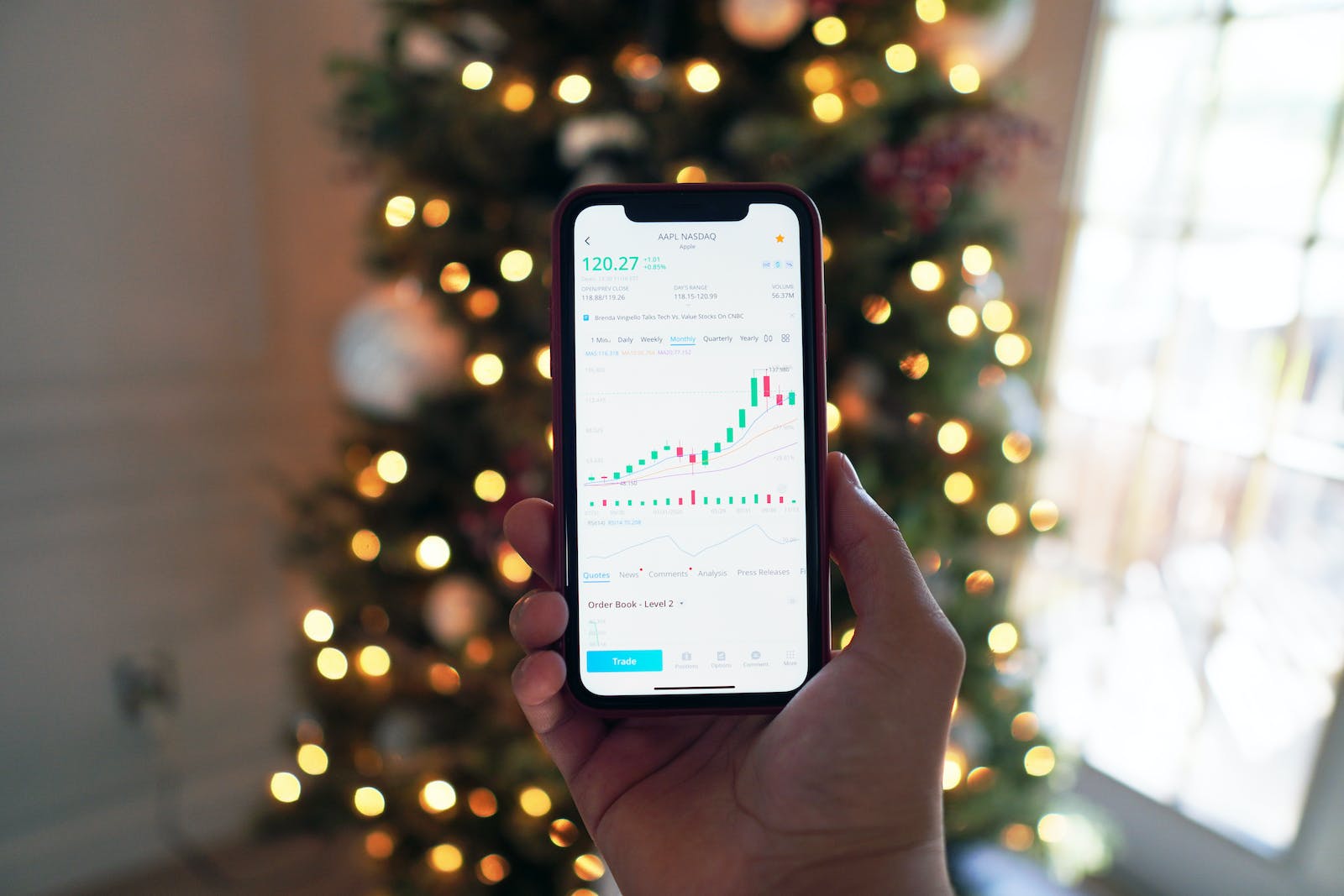The Pros and Cons of Gold: What You Need to Know
Uncover the Benefits and Drawbacks of Investing in Gold
Gold has captivated people for centuries, revered for its beauty, rarity, and enduring value. As an investment, gold has its own set of advantages and disadvantages. Understanding these can help you make informed decisions about including gold in your investment portfolio. In this article, we'll explore the pros and cons of investing in gold, giving you a comprehensive view of this precious metal.
Whether you're considering investing in physical gold, gold stocks, or other gold-related investment vehicles, it's essential to weigh the pros and cons carefully. With its long-standing reputation as a store of value and a safe-haven asset, gold has unique characteristics that appeal to many investors. However, it's important to recognize the potential drawbacks and risks associated with gold investments. Let's dive into the advantages and disadvantages of this timeless metal.
Pros
When it comes to investment options, gold offers several compelling advantages that have attracted investors for generations. Let's take a closer look at the benefits of investing in gold.
Diversification and Hedging
Gold can serve as a hedge against inflation and currency devaluation, offering a way to diversify your investment portfolio and reduce overall risk. During times of economic uncertainty, gold often exhibits an inverse correlation with other assets, providing a potential buffer against market downturns.
Safe-Haven Asset
As a safe-haven asset, gold tends to retain its value or even increase in price during periods of geopolitical turmoil, economic instability, or stock market volatility. This quality makes gold an appealing choice for risk-averse investors seeking stability and wealth preservation.
Long-Term Store of Value
Gold has maintained its purchasing power over the long term, making it a reliable store of value. Historically, gold has outperformed fiat currencies in preserving wealth and has been considered a dependable form of money for centuries.
Liquidity and Universally Accepted
Gold is highly liquid and is recognized and accepted worldwide. This liquidity ensures that investors can easily buy and sell gold, often at minimal transaction costs, providing flexibility and access to a global market of buyers and sellers.
Inflation Hedge
Gold has historically been seen as a hedge against inflation. When inflation rises, the purchasing power of currency decreases, but the value of gold often increases, providing a potential safeguard against the eroding effects of inflation on wealth.
Global Demand
Gold enjoys global demand across various sectors including jewelry, technology, and investment. This broad demand helps to maintain its value and can provide stability to its price, especially during economic uncertainties or geopolitical tensions.
Missing a pro?
Let us know which pro you are missing!
Cons
While gold offers several appealing benefits, it's important to take into account the potential drawbacks and risks associated with gold investments. Let's explore the disadvantages of investing in gold to gain a comprehensive understanding of its investment dynamics.
No Income or Dividends
Unlike stocks or bonds, gold does not generate any income or dividends. Its value is based solely on its price appreciation, making it less attractive for investors seeking regular income or cash flow from their investments.
Price Volatility
Gold prices can be subject to significant fluctuations and volatility, influenced by various factors such as economic data, geopolitical events, and market sentiment. These price swings can present challenges for short-term traders and may test the patience of long-term investors.
Storage and Insurance Costs
Physical gold ownership comes with storage and insurance costs. Storing gold securely can incur expenses, especially for larger holdings, and insuring the precious metal adds to the overall cost of ownership. These additional costs reduce the net returns on gold investments.
Market and Regulatory Risks
Like any investment, gold is exposed to market risks and regulatory changes. Changes in supply and demand dynamics, government policies, and regulatory interventions can impact the gold market, potentially affecting the value of gold investments.
Environmental Impact
Gold mining and extraction processes can have significant environmental impacts such as deforestation, soil erosion, and water pollution. Additionally, the use of toxic chemicals like cyanide in the extraction process can lead to long-term ecological harm.
Limited Industrial Use
Unlike other precious metals like silver or platinum, gold has limited use in industrial applications. Its value is primarily derived from its status as a store of wealth and a symbol of luxury, making it more susceptible to changes in investor sentiment and market dynamics.
Missing a con?
Let us know which con you are missing!
Conclusion
In weighing the advantages and disadvantages of investing in gold, it's crucial to consider your investment objectives, risk tolerance, and overall portfolio strategy. While gold offers unique properties as a hedge against economic uncertainty and a preserver of wealth, it also presents challenges related to price volatility and costs of ownership. By gaining a thorough understanding of the pros and cons, investors can make well-informed decisions regarding the role of gold within their investment portfolios.
What do you think?
Do you think the pros outweigh the cons?







